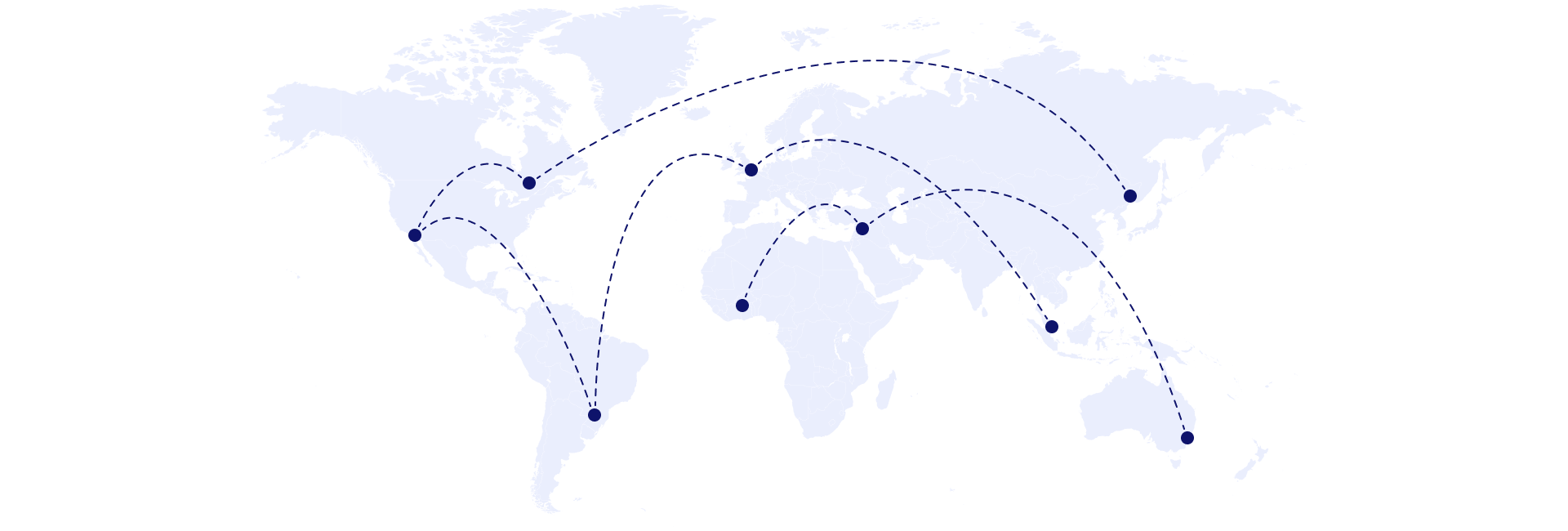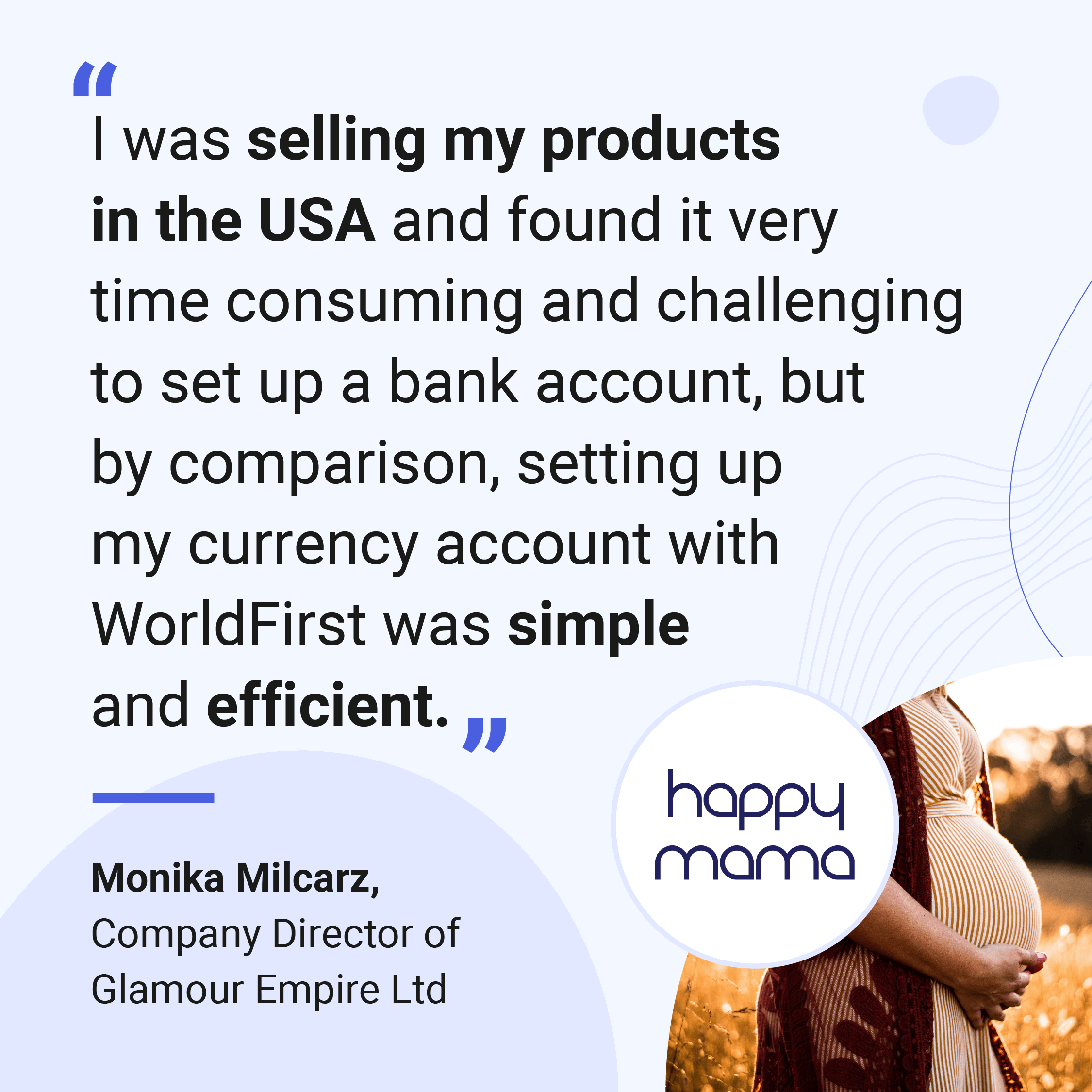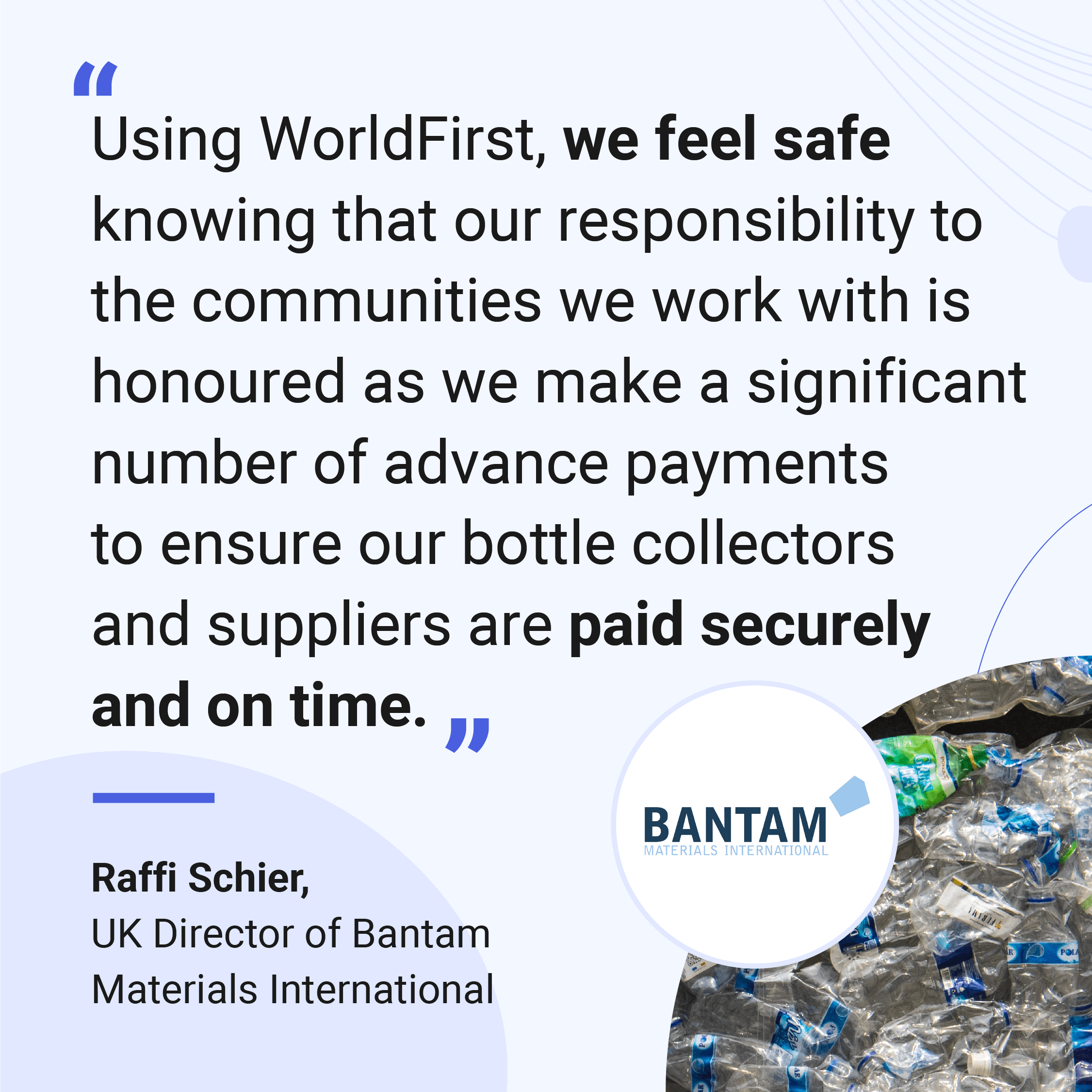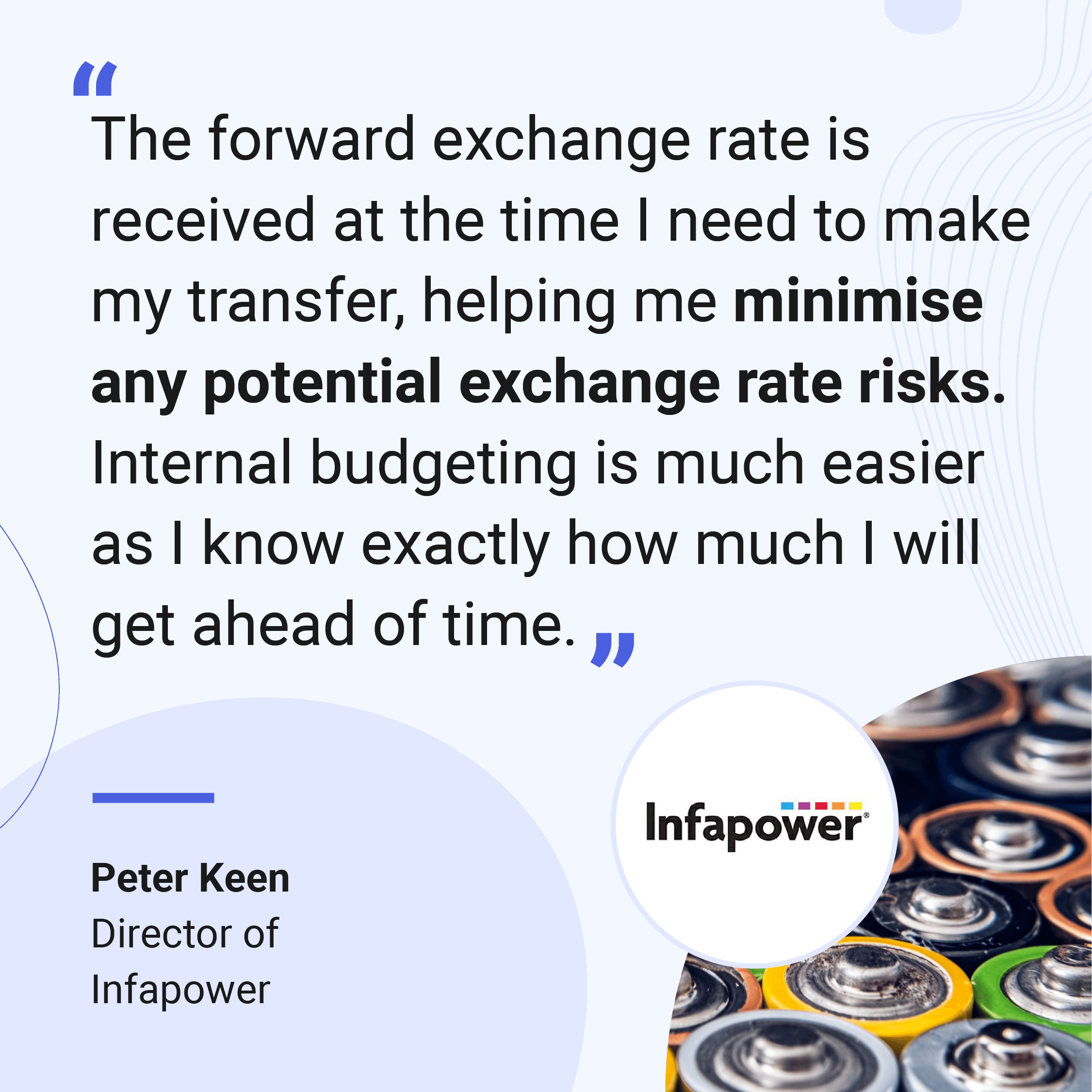
How do forward contracts work at WorldFirst?
Types of forward contracts
We can tailor a contract to suits your needs, whether that’s to make supplier payments or receive income from customers in a foreign currency. The main types of forward contracts we offer are fixed, window and flexible. These are outlined below:
- A fixed forward contractallows you to agree on an exchange rate today, for a fixed amount, to be used on an agreed date in the future (which is the maturity date)
- A flexible forward contract lets you choose when to use a fixed exchange rate at any point until the contract’s end date, giving you more control over your currency transactions
- A window forwardallows you to buy a set amount of foreign currency within a range of dates – known as windows – to secure a more competitive exchange rate compared to standard forward contracts.
When might SMEs use a forward contract?
Here are some examples of when a forward contract might be useful for a business:
- To lock in, or hedge, a rate to cover a future invoice payment
- To hedge a rate for a portion of your future currency needs for supplier payments
- To hedge a rate for project work with staggered payments over 24 months or less
- To protect expected export revenue from currency fluctuations
- When profit margins are tight adjusting the product and pricing isn’t an option
- When you publish prices online or in a brochure and can’t change them if currency rates move against you, affecting your profit margin.
It’s always important to consider the commercial implications before committing to a forward contract. So, what are the main pros and cons?
Benefits of forward contracts for SMEs
- A fixed rate provides you with certainty over your profit margins. The exchange rate is locked in for the entire length of the forward contract, guaranteeing a specific rate of exchange
- If the market moves against you, you won’t be negatively impacted, as you’ve hedged a fixed rate
- A deposit is usually required, but with WorldFirst, you can lock in a rate without using your own cash by getting a credit line, subject to meeting certain requirements. Our team of FX specialists and third party credit rating providers can set up credit lines on a case-by-case basis
- WorldFirst will adjust the rate when you draw down from the contract, to reflect interest rate difference between two currencies. This is known as the ‘interest differential’ (IRD). For an example, if one currency has an interest rate of 5% and the other 3%, the difference (2%) will be factored into the rate. If this difference negatively affects you, your relationship manager will always be transparent about it before the trade
Pay like a local
- Pay suppliers, partners and staff in 90+ currencies
- Make up to 200 payments at a time in a single transaction to save time and money
- Open up to 15 local currency accounts, with local sort codes, account numbers and IBANs
- Lock in conversion rates to manage your currency risk
Things to consider with forward contracts
- If a currency moves in your favour, you won't be able to benefit from the change with a pre-booked forward contract. You’d need to book a spot contract to take advantage of favourable market movements
- Consider your risk appetite and budget before pre-booking foreign currency. While forward contracts help you achieve a budget rate, It’s important to explore other strategies if you’re uncertain about your needs. Discuss your requirements and potential currency risks with your dedicated relationship manager
- If the market moves by more than a certain amount, you might face a margin call.This means if a currency swings significantly against you, you may need to top up your initial deposit within 24 hours to maintain the required margin percentage
Understanding margin calls and credit lines
A margin call happens when you need to add more funds to maintain the agreed margin or deposit percentage of a contract after an unfavorable change in the exchange rate. At WorldFirst, we let you lock in an exchange rate for up to 24 months, usually requiring a small initial deposit, depending on the contract length.
We know that securing a line of credit to hedge your currency exposure without affecting your cash flow can be a challenge. That’s why we work with third-party credit rating providers to offering credit lines on a case-by-case basis to cover the initial deposit. Our team of dedicated relationship managers can discuss setting up a credit line based on your latest financial information, so your business can fix an exchange rate without the usual deposit.
However, it’s important to remember that even with a credit line, you might still face a margin call if the market moves significantly against you. This means you may need to add more funds to your account to maintain the required margin level.
Practical examples: Using forward contracts
Imagine a small business in London that imports women’s designer shoes from Italy. Since the start of the year, the GBP has weakened by 10% against the EUR. This business worries that if GBP/EUR keeps falling, they’ll need to raise their prices. They estimate needing €200,000 to buy next season’s stock. To protect themselves, they use a forward contract to lock in the rate for buying €200,000, settling in 6 months.
When executing the trade, they only pay a 5% deposit, which is €10,000 (or the GBP equivalent), to secure the contract. This helps them keep more cash within their business for other needs. The forward contract also means they can avoid raising prices for their customers due to increased costs.
Forward contracts are important to consider for any business making or receiving international business payments in foreign currencies. For example, a business that buys €2.5 million from Germany over a year will be subject to minute-by-minute fluctuations with every purchase. A forward contract allows SMEs to buy all or part of the euros at a fixed rate, allowing for more effective budgeting.
Currency exchange rates can fluctuate by over 15% in a year, significantly impacting a company’s budget or profit margins. While a forward contract helps hedge against these fluctuations, you need to understand how currency markets work and the potential risks involved.
What to do next

Businesses like yours trust WorldFirst
- Almost 1,000,000 businesses have sent $150B around the world with WorldFirst and its partner brands since 2004
- Your money is safeguarded with leading financial institutions

What our customers say about our services






